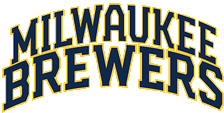
Milwaukee Brewers
51st Season
First Game Played April 7, 1970
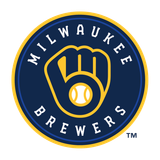
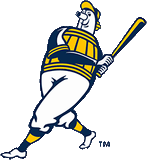
Historical Moments
A separate franchise named the Milwaukee Brewers was one of the American League's eight charter teams. before the first season, there were plans to move the team.
They would spend one season in Milwaukee before becoming the St. Louis Browns.
After years of playing as a minor league team, Milwaukee got a second big league team when the Boston Braves moved to Milwaukee in 1953. The Braves would play in Milwaukee for 13 seasons, winning the 1957 World Series.
In 1966, the Braves moved to Atlanta. Over the next five years, Bud Selig a minority owner for the Braves tried to lure a team back to Milwaukee.
In 1969, the American League added two new teams in the Kansas City Royals and Settle Pilots. Seattle had many problems and was not ready for a Major League team and went into bankruptcy.
Brewers Best
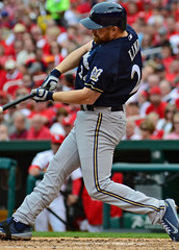
Adam Lind
2015
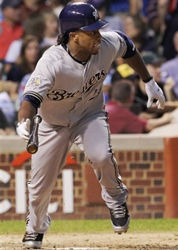
Alcidea Escobar
2008-2010
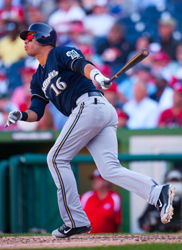
Aramis Ramirez
2012-2015
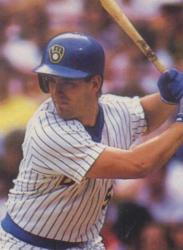
B.J. Surhoff
1987-1995
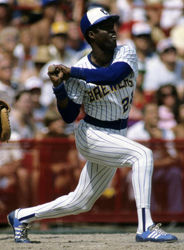
Ben Oglivie
1978- 1986
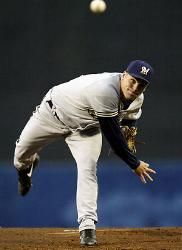
Ben Sheets
2001-2008
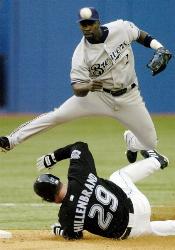
Bill Hall
2002-2009
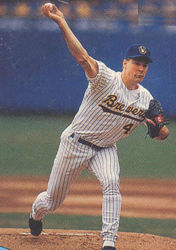
Bill Wegman
1985-1995
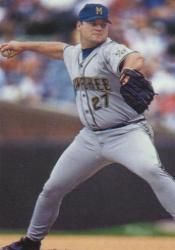
Bob Wickman
1996-2000
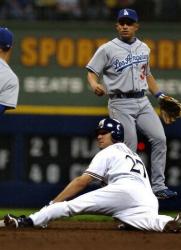
Brady Clark
2002-2006
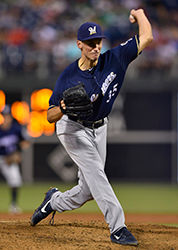
Brent Suter
2016-Present
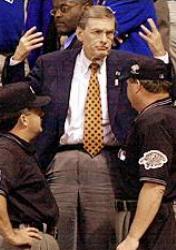
Bud Selig
Owner 1970-2004
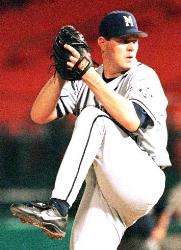
Cal Eldred
1991-1999
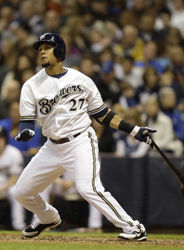
Carlos Gomez
2010-2015
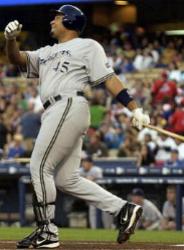
Carlos Lee
2005-2006
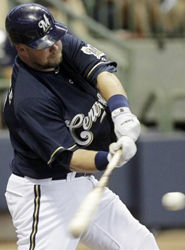
Casey McGehee
2009-2011
Brewers Stadiums
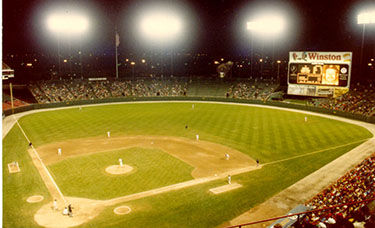
1970-2000
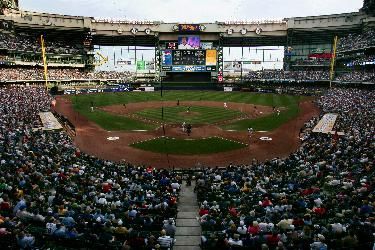
2001-Presemt